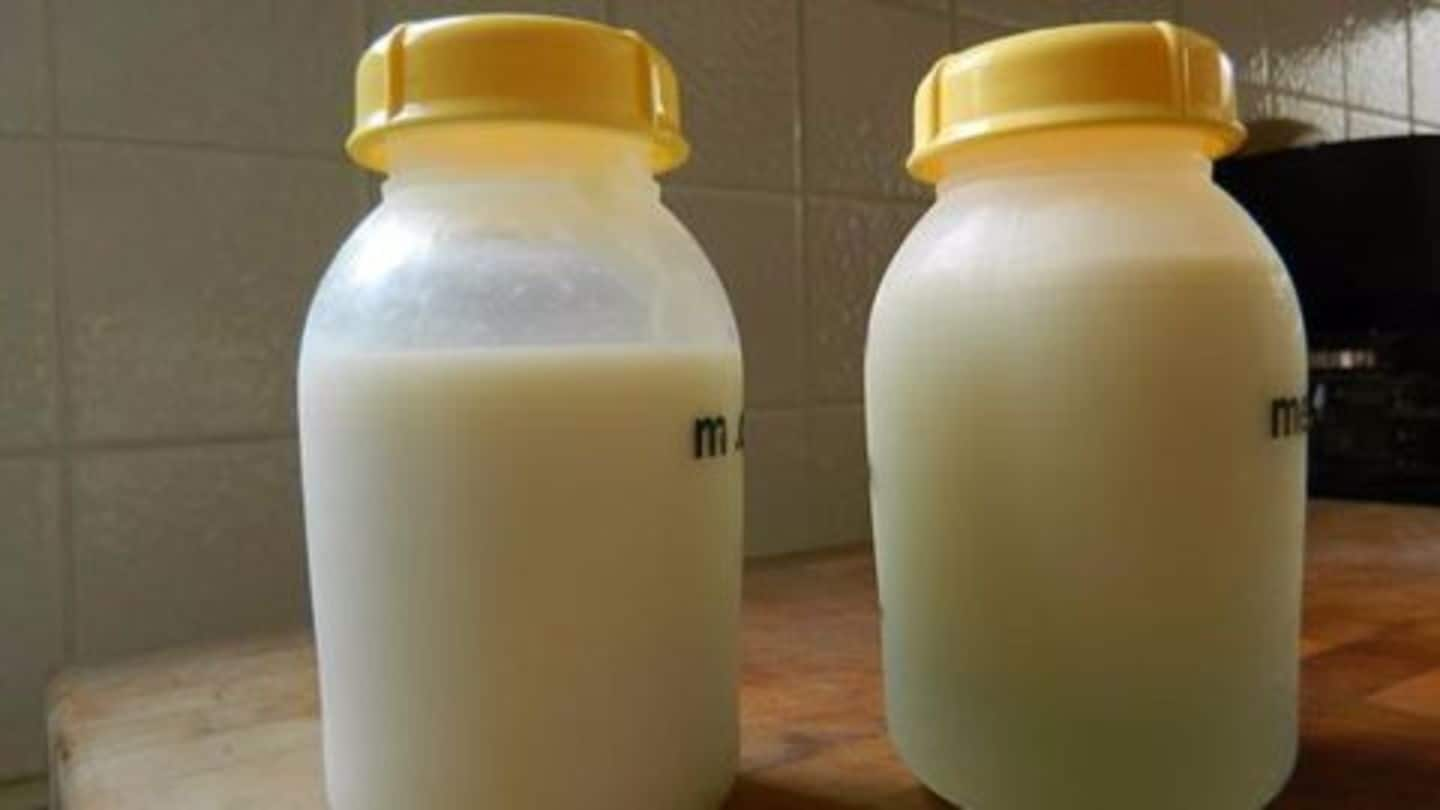
Indian hospitals and corporates promoting use of Infant Formula
What's the story
In spite of the fact that medical research has demonstrated that feeding babies infant formula instead of breast-milk is not good for their health, Indian hospitals continue to do so with or without the knowledge of the mothers. Furthermore, despite the Infant Milk Substitution (IMS) Act which makes marketing of infant formula illegal, corporates continue to find ways to subvert it.
Do you know?
Babies find it harder to digest Infant Formula milk
Both breast-milk and most infant formula milks contain two proteins - whey and casein. However, breast-milk contains more whey than casein which makes it easier for babies to digest it, compared to casein heavy formula milk.
Breastmilk Benefits
The benefits of breast feeding
According to research, breastfeeding within one hour of birth reduces the chances of infant mortality by 22%, as breast-milk is loaded with antibodies and antigens which boost infants' immunities. Breast-milk, furthermore, serves to reduce several long time health and lifestyle diseases like obesity, diabetes, diarrhoea, pneumonia, gastroenteritis etc. Also, in comparison to infant formula, breast-milk improves children's IQ by 3 points.
Do you know?
The economic benefits of breast feeding
If India manages to universalize breast feeding and rid its economy of infant formula, it will add an estimated Rs.4,300 crores to the economy.
Infant Formula Market
The global Infant Formula market and India
The global infant formula market is estimated to be worth $35 billion dollars as per a 2015 Nielsen report. With declining birth rates in the West, large corporations are looking to China and India for potential markets now. China, where there are lesser restrictions, consumes 560,000 tonnes of infant formula. India, however, thanks to the Infant Milk Substitutes (IMS) Act, consumes 27,783 tonnes.